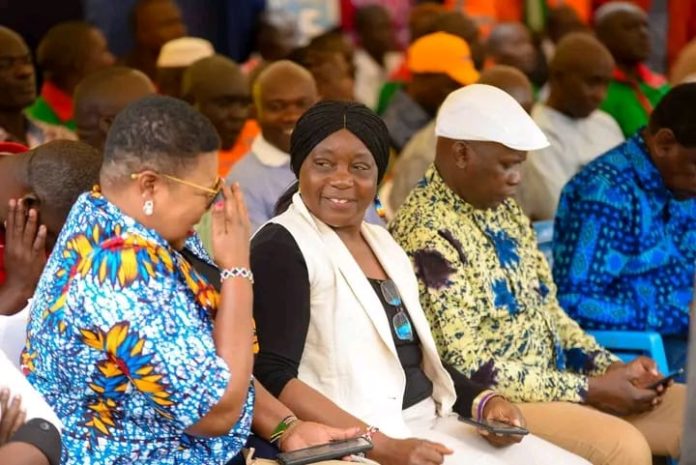
By Jack Ochieng Ohito, DevReporter, Siaya County
Highlights
Siaya residents would want a woman governor or more women taking most seats in the forthcoming elections.
Mr. Fred Owira, a milk vendor, says women are in better positions to lead but only if they can be in charge of their own finances.
Highlights
Siaya residents would want a woman governor or more women taking most seats in the forthcoming elections.
Mr. Fred Owira, a milk vendor, says women are in better positions to lead, but only if they are in charge of their own finances.
Siaya County could still end up having very few women elected in the coming general elections. As it is now, the Orange Democratic Movement (ODM), the dominant party in the region, has less than five women contesting on the ticket. For example, of the 36 MCA positions, there are no women contestants in six sub-counties. Aat the same time, no woman is in line for becoming either a governor or deputy governor.
However, Samuel Otieno, a boda boda rider within Siaya town, opined that woman should get equal opportunities just like men. The same feelings are echoed by Pauline Achieng, a banana vendor.
Lynette Ohowa, a financial consultant, says women succumb to threats and intimidation.
“We women have good manifestos and visions, but the male competitors can decide to use violence and sexual harassment to intimidate women candidates. Women are not party to these kinds of acts.” She says.
In the concluded party primaries, Mrs. Rose Rambinya, an aspirant on an ODM party ticket, lamented that women are rarely given direct party tickets, indicating that it is only male candidate who mostly get to be lucky enough to get them.
Mr Fred Owira, a milk vendor, says women are in better positions to lead, but only if they controlled their own finances. Issues of education and culture also present as stumbling blocks to women’s path to leadership.
“Mostly, women tend to have a hard time getting elected because their male counterparts can easily coin negative perceptions about them. Lack of finances is an issue because men own most property. Also, women easily lose friends and familial connections after leaving their homes to new environments, for example when they get married.”
Pauline Achieng asks party leaders to consider women too just the same way as they normally consider male candidates.
“We will not be having a female governor or MP in Siaya county simply because political parties tend to prefer supporting men for such positions and rarely consider doing the same for women,” She says.





